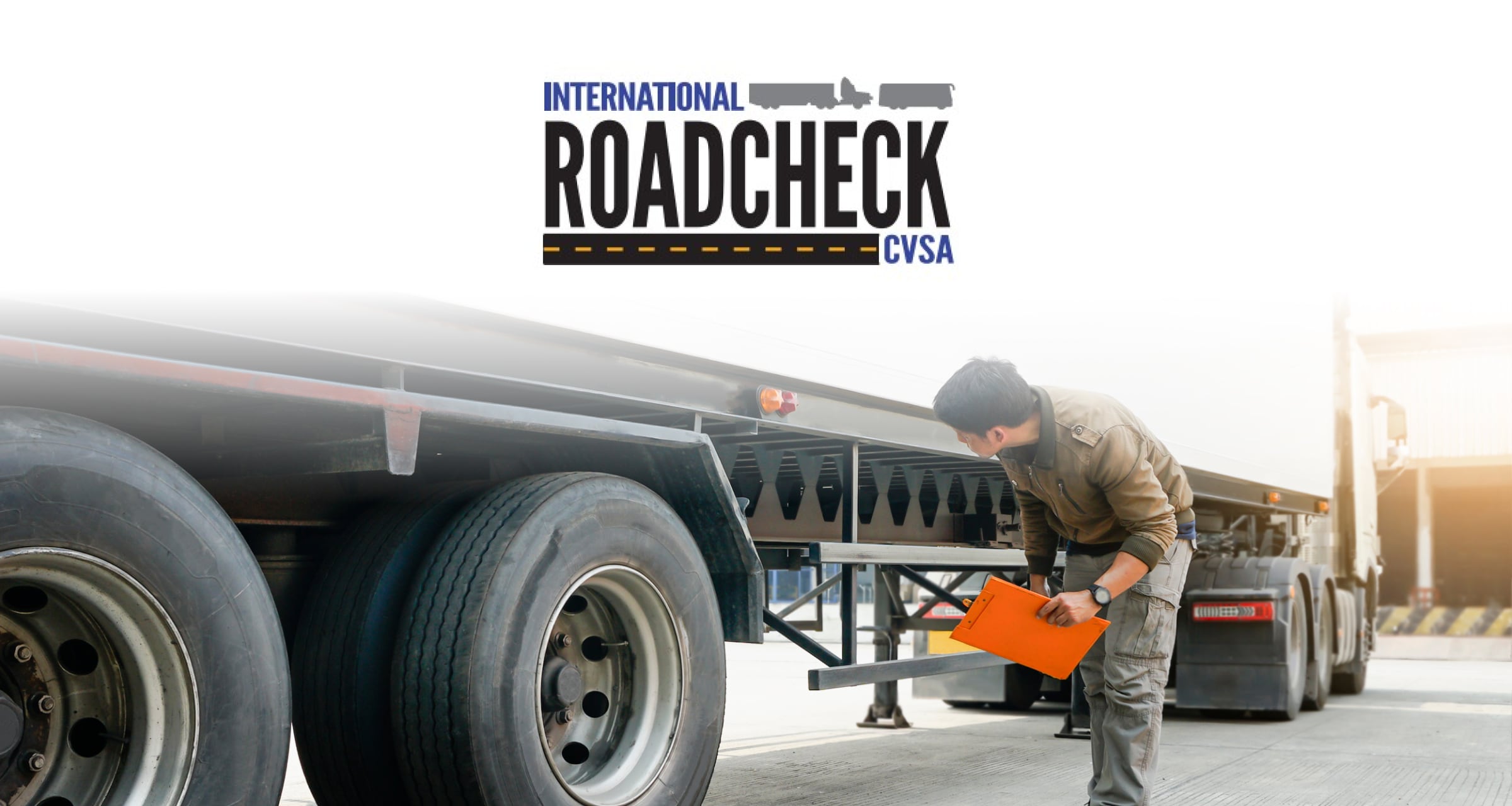We discussed it last month, and now it’s finally here! Beginning May 16th, inspectors across the U.S., Canada, and Mexico will be blanketing weigh stations far and wide for 72 hours. The law enforcement officers who will be performing these inspections come from federal, state, and local agencies. They will also be setting up shop under the umbrella of temporary inspection sites during this exam period. Read on to learn more about what to expect over the next three days.
The purpose of CVSA Roadcheck week?
To ensure safety for everyone on the road by promoting and evaluating safety compliance for drivers and their commercial motor vehicles. The primary goal of these inspectors is to look closely at the various components of a truck driver’s operations and equipment. Drivers can be held accountable for any missed safety precautions or procedures they have missed.
What do drivers think of Roadcheck week?
Simply put, the inspections that are conducted can be very detailed and can range anywhere from 15 minutes… all the way up to a couple of hours. The reality is, no truck driver enjoys being “held up” in between their routes. However, at the end of the day, most trucking professionals understand that these checks are necessary to keep everyone safe within the industry.
How are Roadcheck week inspections measured?
During Roadcheck week, vehicles which pass the North American Standard Level I inspection receive an official CVSA decal that they can proudly showcase on their big rigs. This proverbial “safety trophy” proves that they have passed a detailed 37 step test with flying colors. This also prevents the driver from having to worry about being stopped again for another inspection for the 3 months that follow. However, if inspectors identify problems during the exam, then the driver or the commercial vehicle will be banned from traveling until the issues are resolved.
How long has International Roadcheck week been going on?
CVSA Roadcheck week has been held every year since 1988, and is almost always in late May or early June. This campaign is considered the largest targeted inspection program on commercial vehicles on earth.
How do drivers prepare?
There are a few key areas that drivers need to be mindful of at all times, but especially during Roadcheck week. Here are a few ways big rig operators can ensure they are in the clear:
- Pre-trip Look-over: By conducting an inspection of your vehicle before hitting the road, you can help to mitigate any unresolved issues. Specifically, checking brakes, lights, tires and mirrors, as these are common areas that are missed. Additionally, make sure that all required documentation, such as registration, insurance, and permits, are readily available and more importantly - up to date!
- HOS Compliance: HOS or Hours-of-service, is very important to inspectors so be sure to make sure you have all required documentation, such as logs and electronic records, available and are accurate and up to date.
- Load Securement: Making sure that your load is properly secured and balanced is highly important. Always check to make sure your cargo is properly loaded and tied down and that there no loose items that can shift during transit.
- Safety Equipment: Always ensure that all safety equipment is onboard, which includes (but is not limited to) reflective triangles, a first aid kit and fire extinguisher, all of which should be readily accessible and in good working order.
- Driver Conduct: Always be mindful to present a professional demeanor during the inspection. Remaining polite, respectful and cooperative during the exam is icing on the cake for the officers who are working tirelessly during this period to ensure safety for everyone involved.
That’s a wrap!
CVSA Roadcheck week ensures that everyone across the industry stays safe by increasing the awareness of all the necessary precautions drivers need to be taking on a day to day basis.
For more information about Roadcheck and what to expect for 2023, check out the official CVSA Roadcheck guide here.

